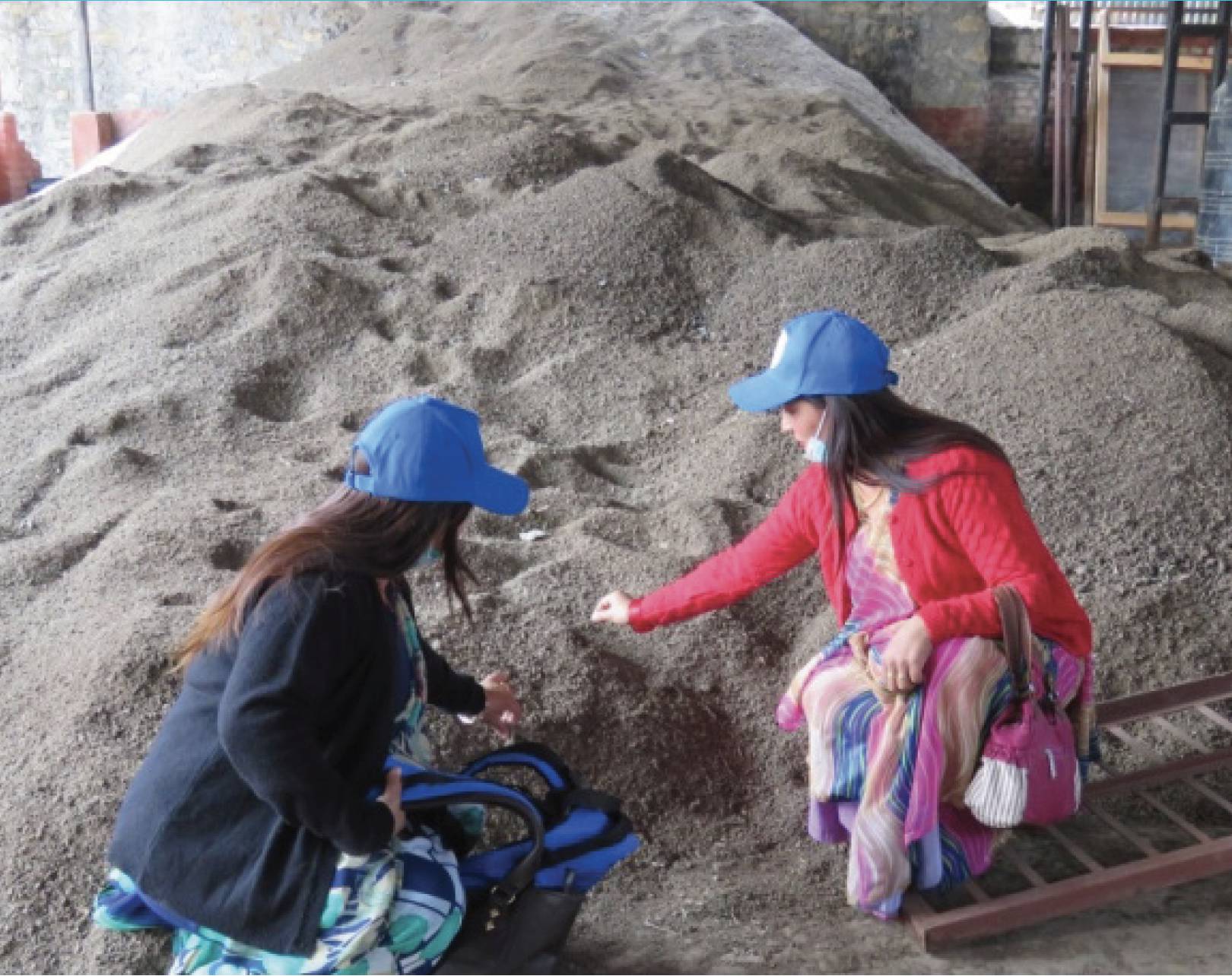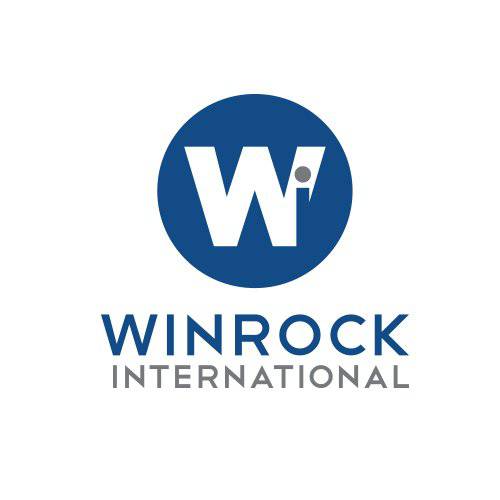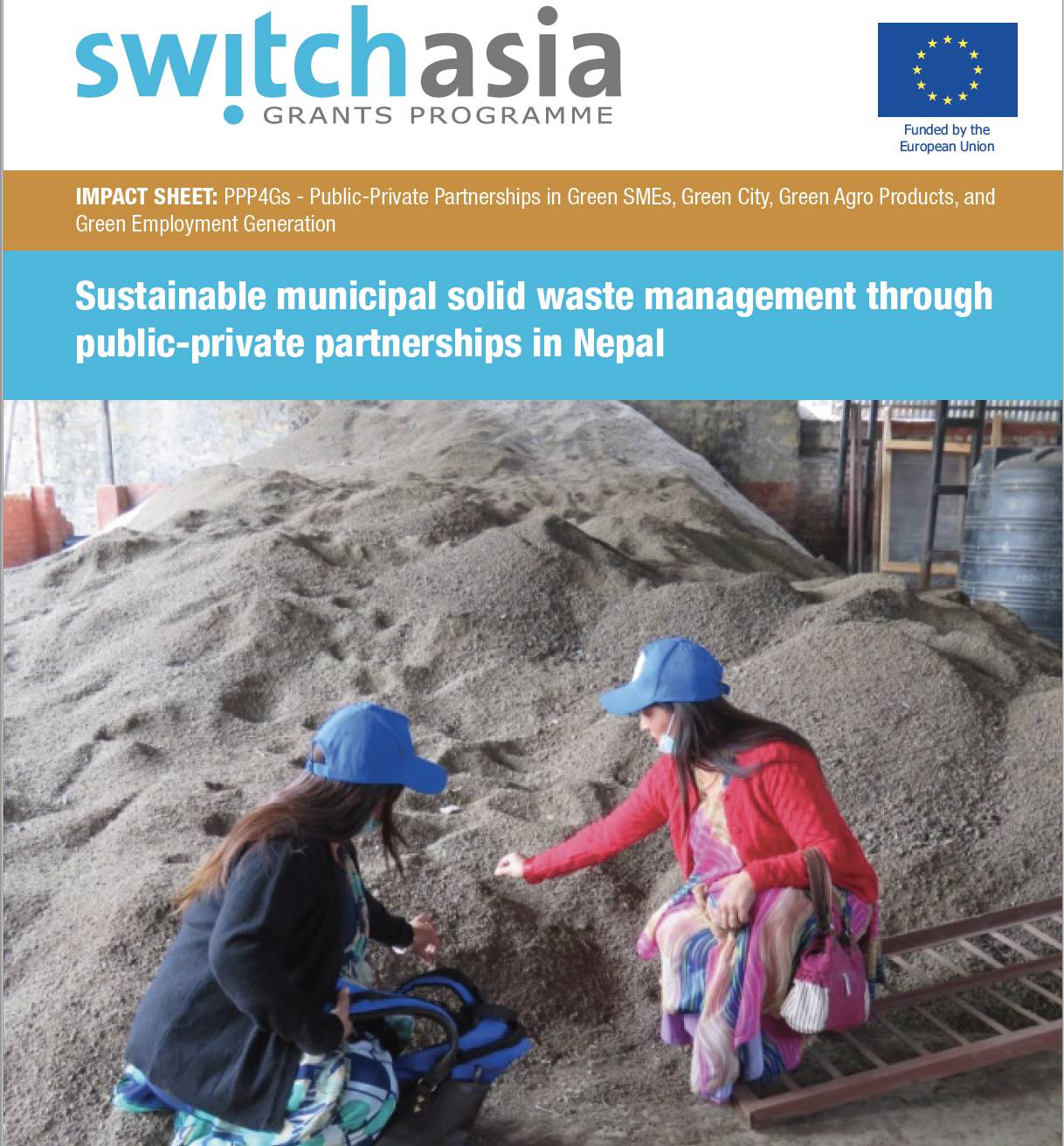
The Challenge
Prior to the project, research indicated that less than half of solid waste in Nepal was collected. In rural areas, additional complications drove these numbers higher and created additional health risks. With scattered settlements and difficult land terrain, sustainable solid waste management was a challenge to the Ilam Municipality (IM), one of four urban municipalities of Ilam District in eastern Nepal. Before the project’s intervention, IM collected both degradable and non-degradable waste, and dumped it into landfill sites. This led to poor and unplanned solid waste collection and disposal; an issue common across Nepal, where many municipalities face both technical and financial constraints leading to unsustainable practices.
The Objectives
The PPP4Gs project promoted a sustainable commerciallydriven, environmentally-friendly cycle of municipal solid waste management in Ilam. It also showcased best practices that can be replicated in difficult geographic areas, such as remote rural areas, topographically challenging terrains and unconnected urban settlements. In addition to promoting municipal solid waste management in PPP through SMEs, the project had several specific objectives:
- Collecting, processing and selling 175 metric tonnes/year of segregated recyclable material via recycling SMEs;
- Converting 110 Metric tonnes/year of segregated biodegradable waste to compost and selling the materials through private operators;
- Generating NPR 3 million in annual revenue through the sale of recyclable and compost materials. • Generating 1,000 green jobs and benefiting 5,000 individuals.
The Way Forward
- Ilam municipality residents and locals were mobilised in 111 TLOs covering all wards of the municipality. This resulted in improved source segregation of waste and more organised and sustainable waste collection services through proper schedules and route setting;
- Three exposure site visits took place during which, project partners and local stakeholders explored ongoing similar activities in other locations, exchanged lessons learned and acquired new knowledge;
- Four Central Project Advisory Committee (CPAC) meetings were organised. These enhanced coordination between line ministries, project partners and local stakeholders, thereby helping to resolve issues and challenges faced during the project implementation;
- A compost plan facility was established as a result of the investment provided by IM and the private sector. The facility is estimated to produce 15-tonnes of compost per year from 30 tonnes of degradable waste collected in IM;
- Four agro groups were established and registered. The SMEs were able to commercially market their product and also secure facilities and support from the government after their registration. • Approximately 300 farmers were involved in these groups and 1,500 individuals benefitted.
Duration:
02/ 2014 - 01/ 2018Total Budget:
EUR 982,577 EU Contribution: 90%Contact Detail:
REPSO Nepal,
Winrock International Office Kha-182,
Jhamsikhel-3 Lalitpur, Nepal.
http://www.winrock.org.np/switchasia/
Lead Partners

Winrock International (WI)
Partners

Namsaling Community Development Centre (NCDC)



